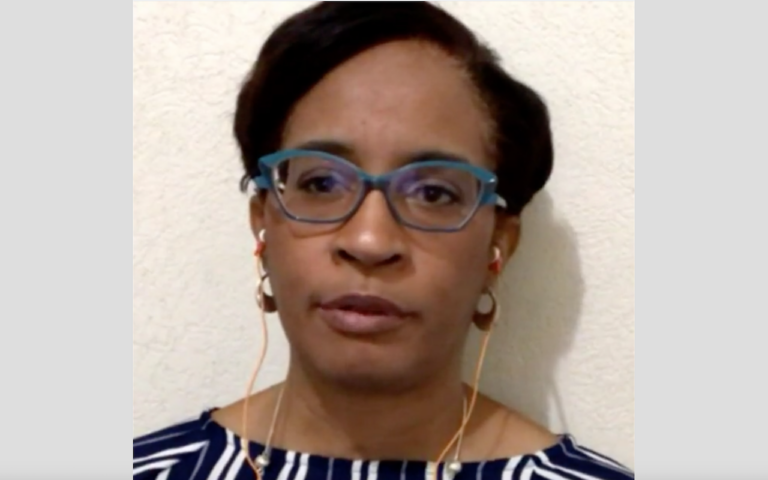
Last month, Barbados joined other countries around the world and began vaccinating the more vulnerable members of our population with the Oxford-AstraZeneca COVAX vaccine in our efforts to control the spread of COVID-19. So far, well over 50 000 Barbadians have received the “jab” as it has become known, but does that mean we can go back to life as we knew it prior to March 2020 when our first cases were recorded and throw all the safety protocols through the window?
Not so fast, says President of the Barbados Association of Medical Practitioners (BAMP), Dr Lynda Williams. She explained, “First of all, there are different types of vaccines. A sterilising vaccine is one that prevents you from getting a particular disease in your lifetime, such as the ones given for smallpox and measles, then there are other types like the diphtheria and tetanus shots, which prevent you from getting these conditions but require boosters later in life for continued protection.
“The COVID-19 vaccine is a disease mitigating vaccine, such as the regular flu shot, which you may take one year but then take it the following year as a new strain may develop. The COVID vaccine does not prevent you from actually contracting COVID-19, but it guards against your having to be put on a ventilator or losing your life if you come down with it. Therefore, I would advise you to continue to maintain the safety protocols once you get the vaccine.”
When asked about potential side effects, Dr Williams stated that “Side effects are a natural consequence of any treatment, since they show that the patient’s immune system is working because it is reacting to something new. Side effects tend to show up more in younger people since their immune systems tend to be stronger.”
With that, Dr Williams commented on the various social media posts over the past few months showing people developing severe convulsions or collapsing and dying shortly after allegedly receiving the COVID-19 shots. She noted that to her knowledge, “Major adverse effects are unexpected, and I am not aware of anyone experiencing these kinds of conditions after taking the COVID-19 vaccines.” She stressed that any such issues were taken seriously and conclusions were only drawn after comprehensive scientific studies were carried out.
“The World Health Organisation has reporting standards for all of its member countries, and in science, we do not make judgments based on one isolated incident, but based on the repetition of events in an observable way. For example, if people take a particular drug or vaccine and complain that their toes are hurting, scientists will observe what is happening, look at all possible causes and after observing the trends they can whittle their findings down to the most probable cause and work from there.
To give another example, when in the 19th century Edward Jenner was doing his research on smallpox, he realised that people who had developed cowpox, a similar condition, were not contracting smallpox, so the vaccine for smallpox which led to the cure for that disease came about as a result of those observations.”
How soon should someone who has already had COVID-19 take the vaccine, and indeed, do they need to? Dr. Williams said, “While there is some measure of immunity to COVID-19 after someone gets it, no one is sure how long it lasts, so it is still recommended that you take the vaccine to guard against its more severe consequences if the disease resurfaces. At this point, we cannot determine whether the vaccine will be effective against the new strains, or indeed whether this vaccine may become something you take regularly like the normal flu shot. It’s still early days yet.”
This article appears in the March 15 edition of COVID Weekly. Read the full publication here.
The post COVID vaccine does not mean COVID elimination appeared first on Barbados Today.